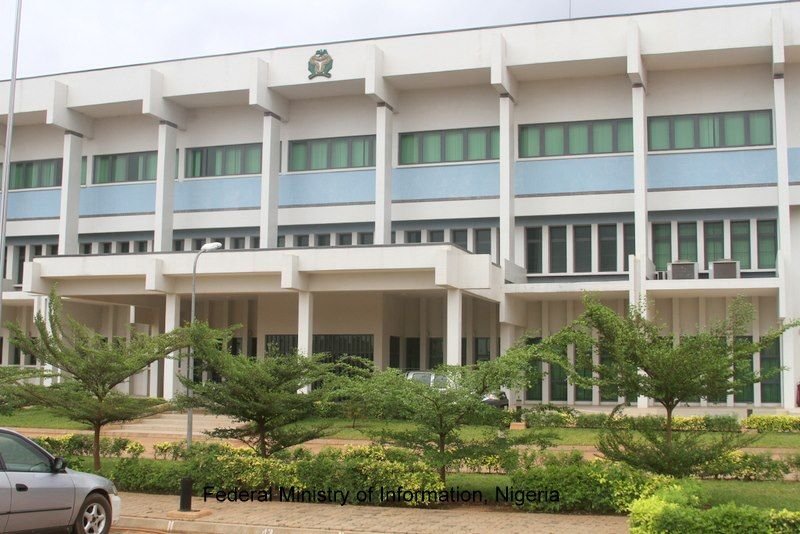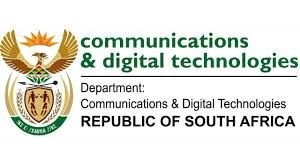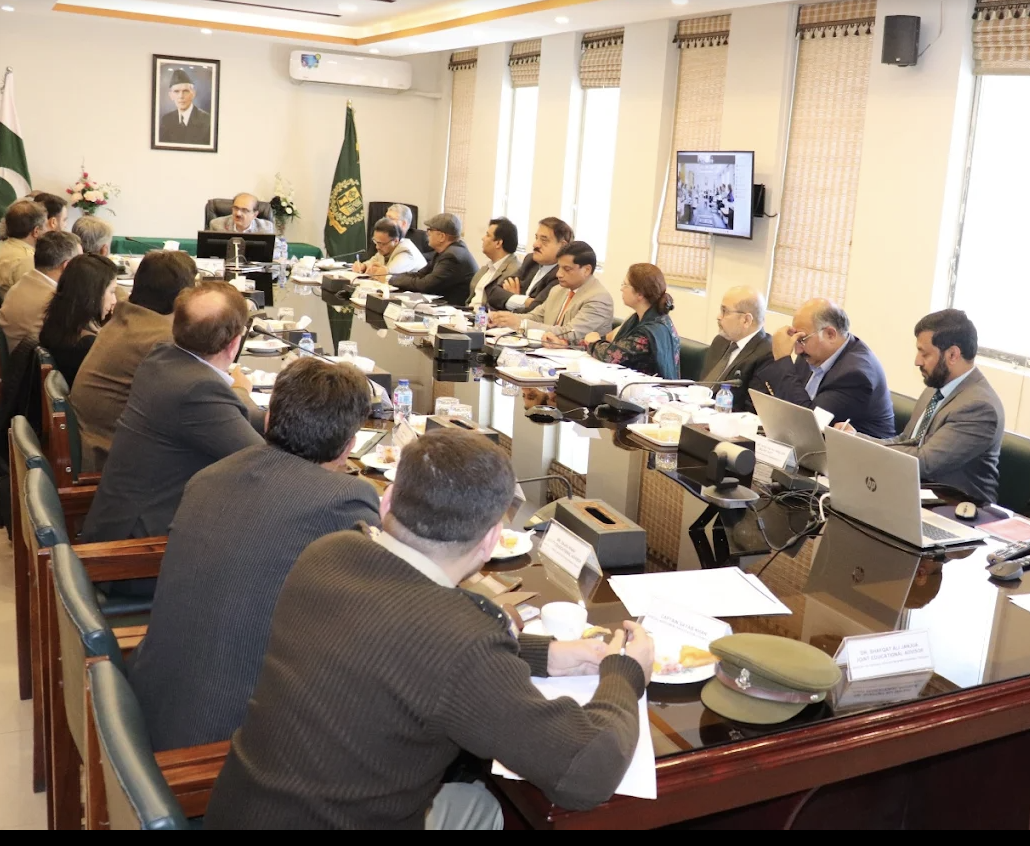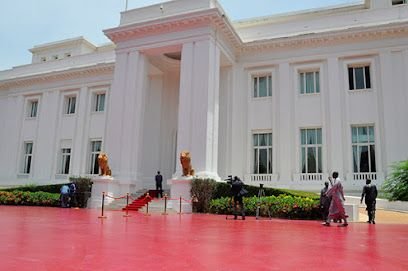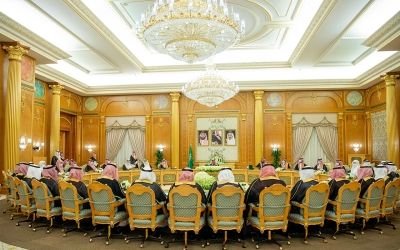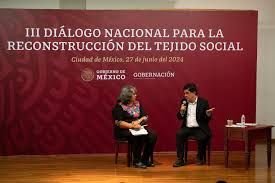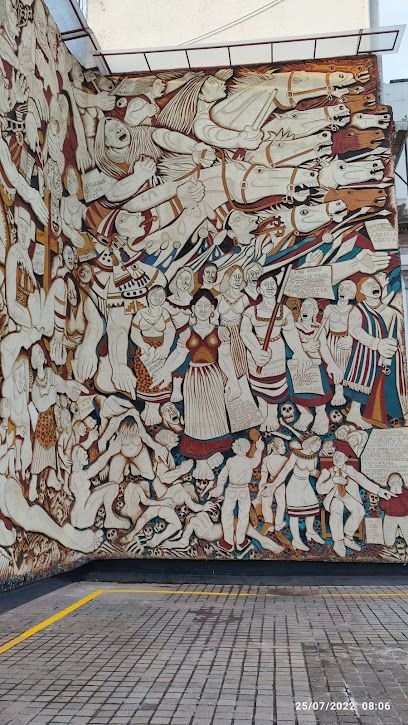National Institute of Radio and Television of Peru
The National Institute of Radio and Television of Peru (秘魯國家廣播電視總局), or IRTP, is a Peruvian state-owned company responsible for managing the state’s media across radio, television, and internet platforms. Established in 1974 during the Revolutionary Government of the Armed Forces as ENRAD Perú, the institution was reorganized in 1981 and renamed to its current form in 1997 under President Alberto Fujimori. Headquartered in Santa Beatriz, Lima, IRTP operates under the Ministry of Culture with administrative, economic, and financial autonomy. The institute manages TV Perú television network, an international channel, several digital terrestrial television signals, Radio Nacional del Perú, Radio Filarmonía, and other radio stations. IRTP oversees programming production and distribution across Peru, providing news, cultural, educational, and children’s content. The organization underwent significant restructuring in the early 2000s under President Valentín Paniagua to incorporate professionals without political ties.


